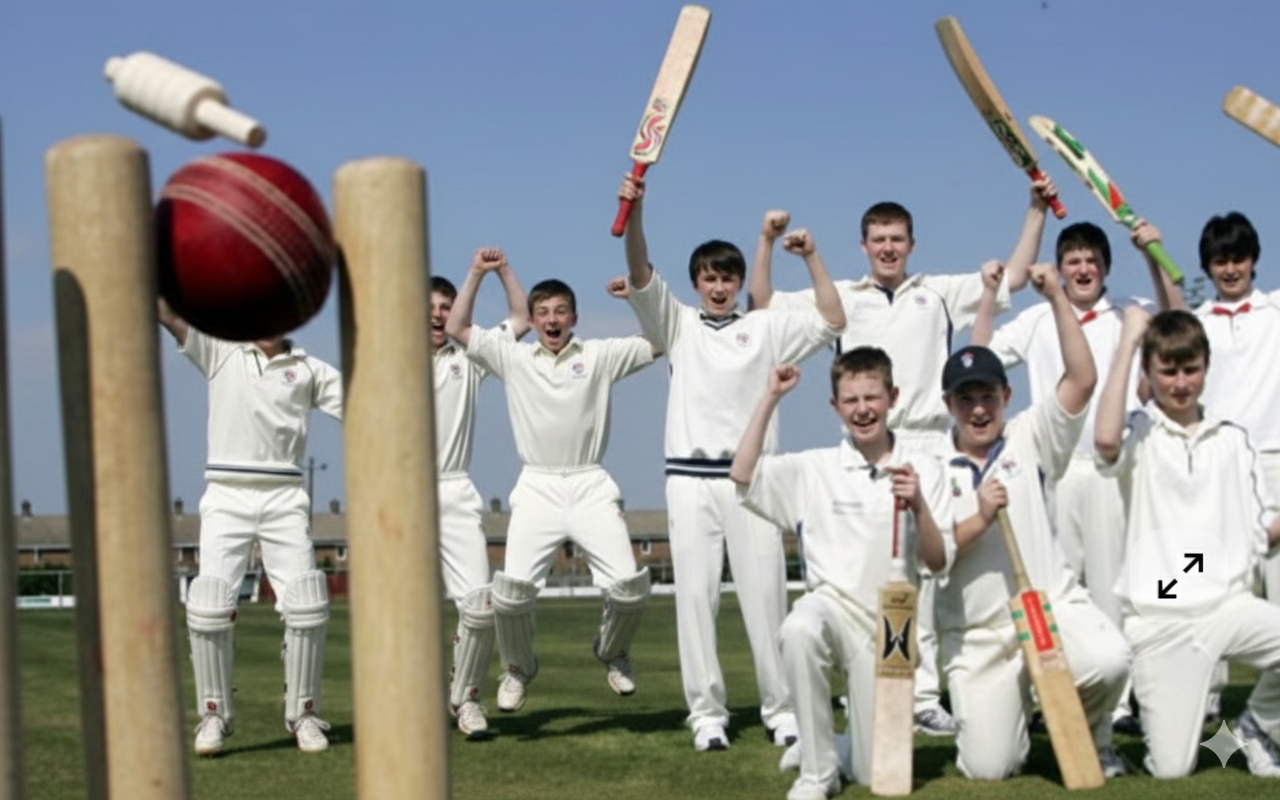Cricket Connections

Cricket, often regarded as a game of skill and strategy, is as much a mental battle as it is a physical one. The ability to stay focused and resilient under pressure is what separates the good players from the great ones. In this article, we will explore the psychological aspects of cricket, delving into the strategies that players use to build mental toughness and maintain focus on the field. This discussion is especially relevant for modern cricketers and coaches looking to enhance their mental game, contributing to overall performance and success.
Mental resilience refers to the ability to cope with stress and adversity, bouncing back from setbacks with renewed determination. In cricket, players face numerous challenges, from long hours on the field and the pressure of high-stakes matches to dealing with injuries and fluctuations in form. The ability to stay mentally strong in these situations is crucial.
Many legendary cricketers have demonstrated exceptional mental resilience. For instance, Steve Waugh, the former Australian captain, was known for his gritty performances under pressure. His ability to stay calm and focused in crucial situations often led his team to victory. Similarly, India’s Mahendra Singh Dhoni is celebrated for his cool demeanor and decisive leadership, even in the most high-pressure scenarios.
Coaches and support staff play a crucial role in building mental resilience. They can provide psychological support, offer constructive feedback, and create a positive team environment. Training sessions that simulate high-pressure situations can also help players develop coping mechanisms.
Distractions, both internal and external, can significantly impact performance. Internal distractions include negative thoughts and self-doubt, while external distractions encompass crowd noise and sledging from opponents. Techniques such as mindfulness and positive self-talk can help manage these distractions.
Advancements in technology have introduced biofeedback and neurofeedback tools that help athletes monitor and improve their mental performance. These tools provide real-time data on physiological responses, allowing players to train their minds to stay calm and focused under pressure.
Virtual reality (VR) is increasingly being used in sports training, including cricket. VR simulations allow players to experience high-pressure scenarios in a controlled environment, helping them build mental resilience and improve decision-making skills. This innovative approach is being adopted by several cricket academies around the world.
As the importance of mental resilience and focus becomes more widely recognized, cricket teams are increasingly integrating mental training into their regular practice routines. This holistic approach ensures that players are not only physically prepared but also mentally equipped to handle the demands of the game.
Ongoing research in sports psychology continues to uncover new methods and techniques for enhancing mental performance. Collaboration between sports psychologists, coaches, and players will drive further advancements, ensuring that mental training evolves alongside the game itself.
Building resilience and focus in cricket is a continuous process that requires dedication, practice, and support. By adopting techniques such as visualization, mindfulness, and positive self-talk, players can enhance their mental toughness and maintain concentration on the field. Coaches and support staff play a vital role in this process, providing guidance and creating a positive environment. As technology continues to advance, new tools and methods will further enhance mental training, ensuring that players are well-prepared to face the challenges of modern cricket.
For more insights and updates on cricket, visit Cricket Connections. Stay connected, stay informed, and keep your mental game strong!
Join Cricket Connections today and embark on a journey of growth, development, and success in the world of cricket
